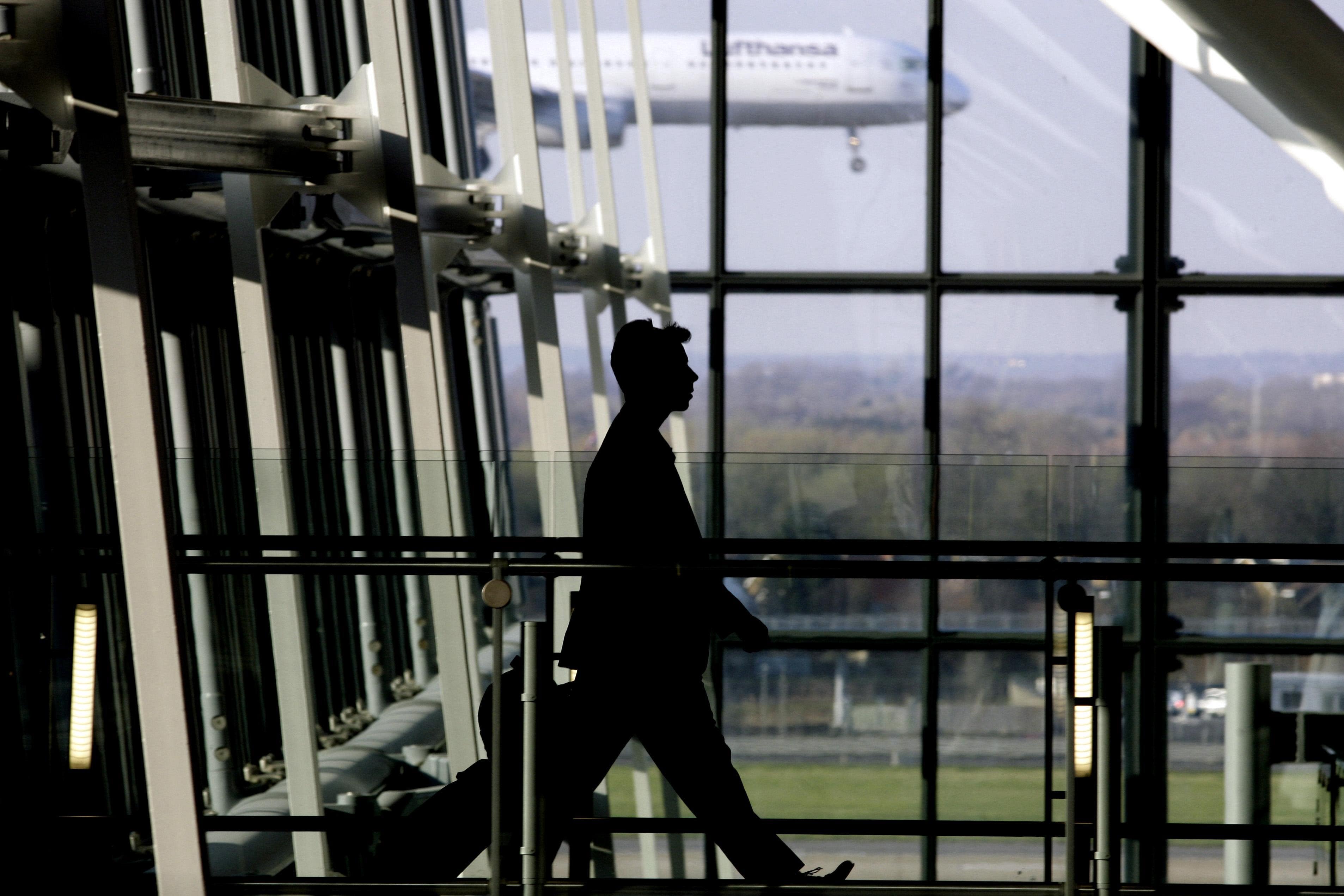Green behaviour change is not about telling people what to do – climate advisers
Around 10% of emissions cuts needed for 2035 climate targets come from diet and travel changes – but it is about making it ‘easy’, experts said.

Delivering emission cuts from behaviour changes is not about telling people what to do, but making it as easy as possible, climate advisers have said.
Sir Keir Starmer has pledged the UK will cut greenhouse gases by 81% on 1990 levels by 2035, as the country’s contribution to international efforts to curb dangerous global warming – but insisted he would not be telling people how to live their lives to achieve the goal.
Speaking to MPs, bosses at the independent advisory Climate Change Committee said their analysis shows the feasible cost-effective pathway to meet climate targets for 2035 involved 10% of emissions cuts coming from behaviour change.
Those changes are mostly around diet, with people eating less meat and dairy to cut emissions and free up land for tree planting, and on flying and moving from driving to other ways of getting around.
Dr James Richardson, director of analysis at the Climate Change Committee, said: “It’s the Government’s decision how it seeks to achieve that and, of course, if the Government wishes to do it with a different mix of policies, that is their choice to make.”
He told the parliamentary Environmental Audit Committee that the key thing in changing how people travel about was provision of better public transport so they can choose different ways to get around.
About half the change in diets needed by 2035 are “just a continuation of the existing trends of people changing what they eat”, he said.
“Actually if you took the trend from just the last two or three years and rolled that forward, that rate would deliver all the change, but there may be a cost-of-living effect in there, that may not be a trend,” he said.
Curbing emissions from flights involved the reducing the rate of growth in aviation, “not saying to people ‘you must stop flying’,” he said, adding citizens the committee spoke to accepted there must be some degree of constraint on flying.
It's more about enabling citizens to be able to make green choices
Asked if people were going to be expected to make substantial changes – particularly on public transport – as part of meeting the UK’s climate goals, Professor Piers Forster, interim chair of the Climate Change Committee, said: “It’s more about enabling citizens to be able to make green choices.
“I do think this is really why we encourage Government to try and make just and fair policies to make the choices affordable and easy, and I think particularly with the cost-of-living crisis we’re in today, you do have make it easy for consumers to do the right thing.”
He pointed to making the price of electricity cheaper, to make it more compelling for people to go out and buy an electric car or install a heat pump and to support industry to invest in electrification.
He added: “It’s not really about trying to tell people what they must do, what they can’t do, it’s about trying to make the alternative as easy as possible.”
Bookmark popover
Removed from bookmarks